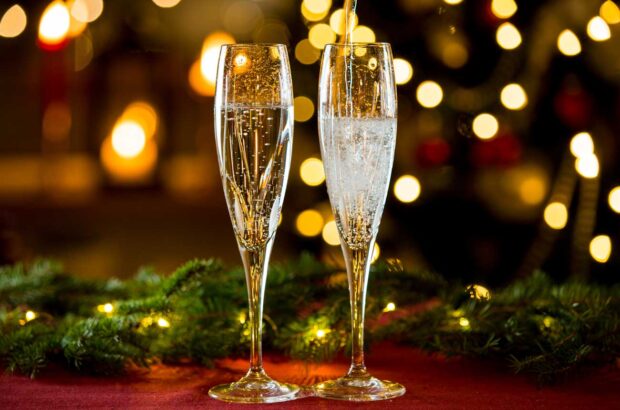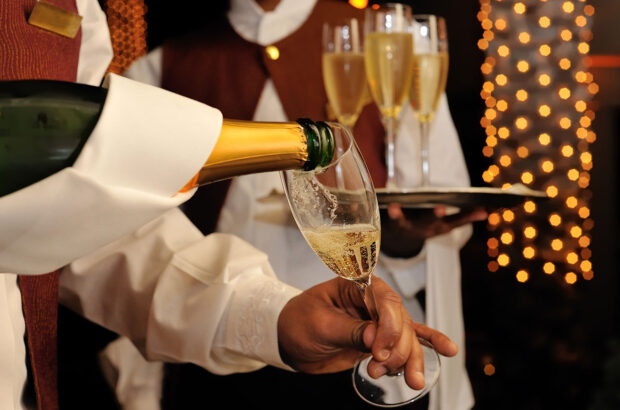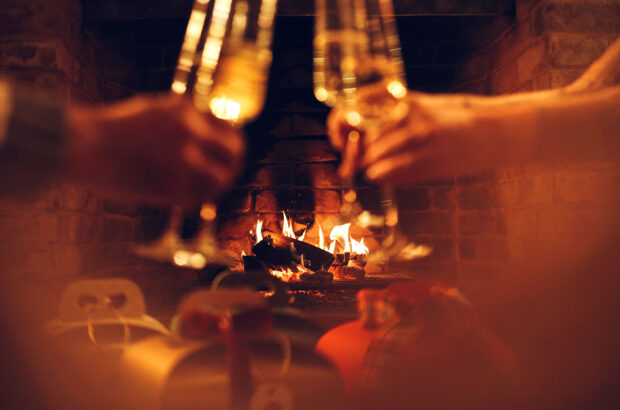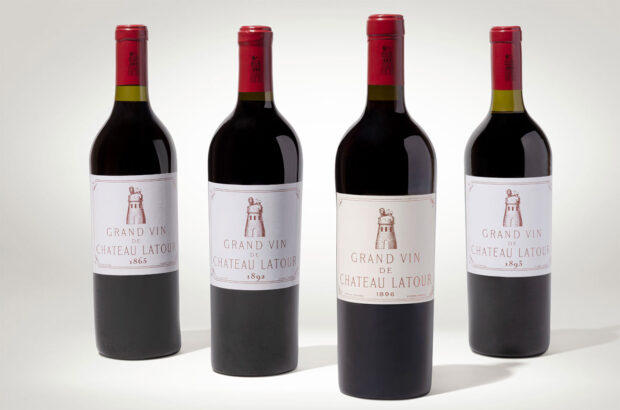Organic viticulture, egg-shaped vats and infra-red technology are key winemaking techniques for the future of Bordeaux's vineyards and cellars, according to a group of early-adopting Chateau owners.
Organic ‘is the future’ for Bordeaux, declared Guillaume Halley, owner of Chateau de La Dauphine in Fronsac (pictured), at a dinner held in London to discuss innovation and change in the prestigious French wine region.
Several winemakers have previously highlighted the difficulty of managing organic vines in Bordeaux, where mildew is a common problem for growers and producers.
Still, the French locality of Gironde, which encompasses Bordeaux, had the second highest number of certified organic producers in the country in 2011, at 477, behind only Vaucluse in Provence, according to a joint report by Agence Bio and the Millesime Bio expo published in January this year.
Across France, there were 4,692 producers with certified organic vineyards in 2011, equivalent to 7.4% of the country’s vineyard area and up from 6% in 2010.
Halley, who’s estate has 40 hectares of vines and has just taken on Michel Rolland as consultant, said that he believes the benefits of going organic, in terms of the quality of the wine, longevity of the soil and for the health of vineyard workers, will convince more producers to make the switch.
‘It’s hard work but it’s necessary,’ he said. ‘At the moment, 7% of the Bordeaux estates work like this, but it was only 3% ten years ago.’ He says he expects 100% of Bordeaux to be organic within 30 years from now.
‘When you treat [vines] with synthetic products, it stops the maturity,’ he said, adding that, with organic methods, ‘it’s easier to get the perfect maturity’.
Ludovic David, oenologist at Chateau Marquis de Terme, a 4ème Cru Classé in Margaux, said that he ‘completely agrees’ with Halley about Bordeaux. This year, David has experimented by tending two hectares of vines organically. ‘We have had very good results,’ he said.
David added that he is also a convert to ageing a proportion of wine in concrete, egg-shaped vats, which are manufactured by French group Nomblot. At €3,000-a-piece, eggs are clearly not an option for everyone, but David said his experiments so far have convinced him that the 600-litre vessels ‘give more roundness to the wine’, and help to protect the fruit.
At the dinner, David and Halley were also joined by Romain Baillou, sales manager at Chateau Couhins, a Cru Classé de Graves in Pessac-Léognan and owned by France’s national agri-food research agency, INRA.
Baillou spoke of the property’s use of satellite GPS technology to monitor ‘each leaf of each vine’ in its 25 hectares of vineyards. ‘Thanks to that, we have a map of the ripeness of one plot. If you have good ripeness, it’s easier in the cellar.’ Couhins has also used infra-red technology to measure polyphenol content in grapes since 2009.
All three men at the dinner said that Bordeaux is increasingly benefiting from producers and wine consultants travelling to other wine regions.
Still, in a region with as much clout and tradition as Bordeaux, don’t expect things to move too quickly.







